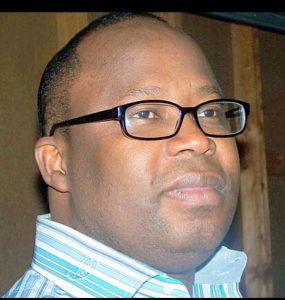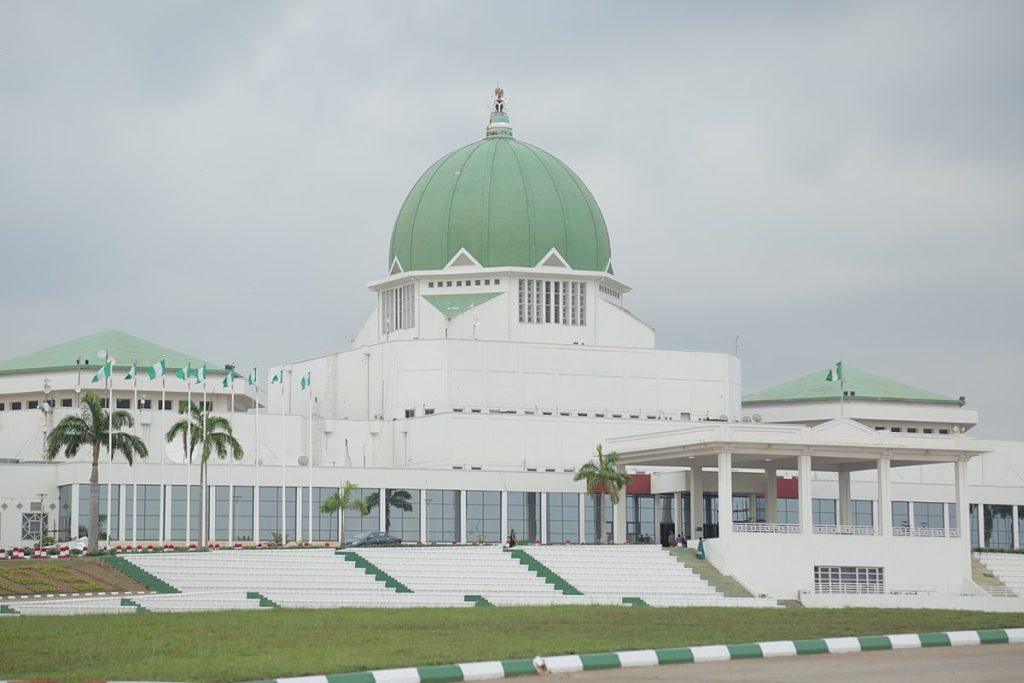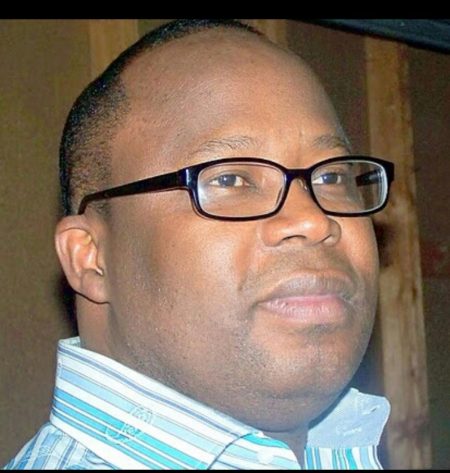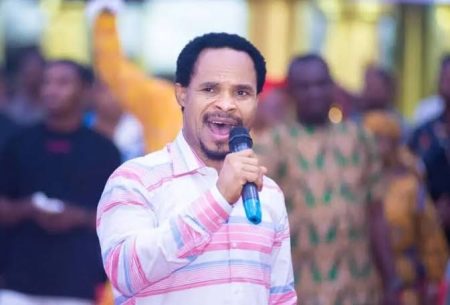The Imperative of Electoral Reform to Curb Political Defections in Nigeria
The Nigerian political landscape is witnessing a growing trend of elected officials defecting from their parties to rival platforms, often without relinquishing their seats. This practice, commonly known as "cross-carpeting" or "decamping," has raised concerns about the integrity of the electoral process and the stability of democratic institutions. The National Assembly has acknowledged the urgency of this issue and pledged to amend the Electoral Act to address this challenge. The demand for reform is fueled by the perception that these defections undermine the trust placed in elected officials by the electorate and violate the principle that votes belong to political parties, not individuals.
The recent defection of Delta State Governor Sheriff Oborevwori to the ruling All Progressives Congress (APC) exemplifies this trend. Governor Oborevwori’s move, which effectively decimated the state’s Peoples Democratic Party (PDP) structure, also saw the defection of PDP’s 2023 vice-presidential candidate, Ifeanyi Okowa, further highlighting the potential impact of such defections on the political landscape. This incident is not isolated. Several lawmakers from opposition parties, including the PDP, Labour Party, and New Nigeria Peoples Party (NNPP), have also crossed over to the APC. This wave of defections, particularly towards the ruling party, raises concerns about the potential for an uneven playing field in future elections and the possible erosion of a robust multi-party system.
Civil society organizations, such as Yiaga Africa, have been vocal in their calls for electoral reform to address this issue. Samson Itodo, Executive Director of Yiaga Africa, has urged lawmakers to prioritize amending the Electoral Act to halt the tide of defections. He argues that when individuals contest and win elections on a particular party platform, the mandate they receive belongs to the party, not the individual. Consequently, if they choose to defect, they should also vacate their seats. Itodo’s appeal emphasizes the need for legal reforms to reinforce this principle and deter opportunistic political maneuvering. He advocates for intellectual engagement and robust debate to determine the most effective legal mechanisms to address the issue.
The National Assembly has responded positively to these calls for reform. Kamoru Ogunlana, Clerk of the National Assembly, has reaffirmed the legislature’s commitment to amending the Electoral Act to curb political defections. He recognizes the threat this practice poses to democratic integrity and the importance of strengthening democratic institutions. Ogunlana’s assurance underscores the legislative body’s awareness of the gravity of the situation and their willingness to take concrete steps to address it. This commitment suggests a potential convergence of interests between civil society organizations and the legislative arm of government in pursuing electoral reform.
Senate President Godswill Akpabio has echoed the commitment to democratic values and the importance of legislative reform. He has emphasized the role of the National Institute for Legislative and Democratic Studies (NILDS) in enhancing the skills and knowledge of lawmakers, contributing to effective lawmaking and the strengthening of democratic institutions. Akpabio’s endorsement of NILDS signifies the recognition of the importance of capacity building and professional development for legislators in navigating complex legislative processes and contributing to informed policymaking. This highlights the interconnectedness of legislative capacity and the effectiveness of democratic governance.
This confluence of concerns and commitments from civil society, legislative leadership, and the executive branch creates a promising environment for meaningful electoral reform. The proposed amendments to the Electoral Act are anticipated to include provisions that would mandate elected officials who defect from their sponsoring parties to vacate their seats. Such a provision would align with the principle that the electoral mandate belongs to the party and not the individual, thereby strengthening the role of political parties in the democratic process. Furthermore, it would discourage opportunistic defections motivated by personal gain or political expediency, promoting stability and accountability in the political system. The implementation of these reforms will be crucial in ensuring the integrity of future elections and fostering a more robust and representative democracy in Nigeria. This collective endeavor towards electoral reform underlines the importance of collaboration between various stakeholders in strengthening democratic institutions and upholding the principles of representative governance.














